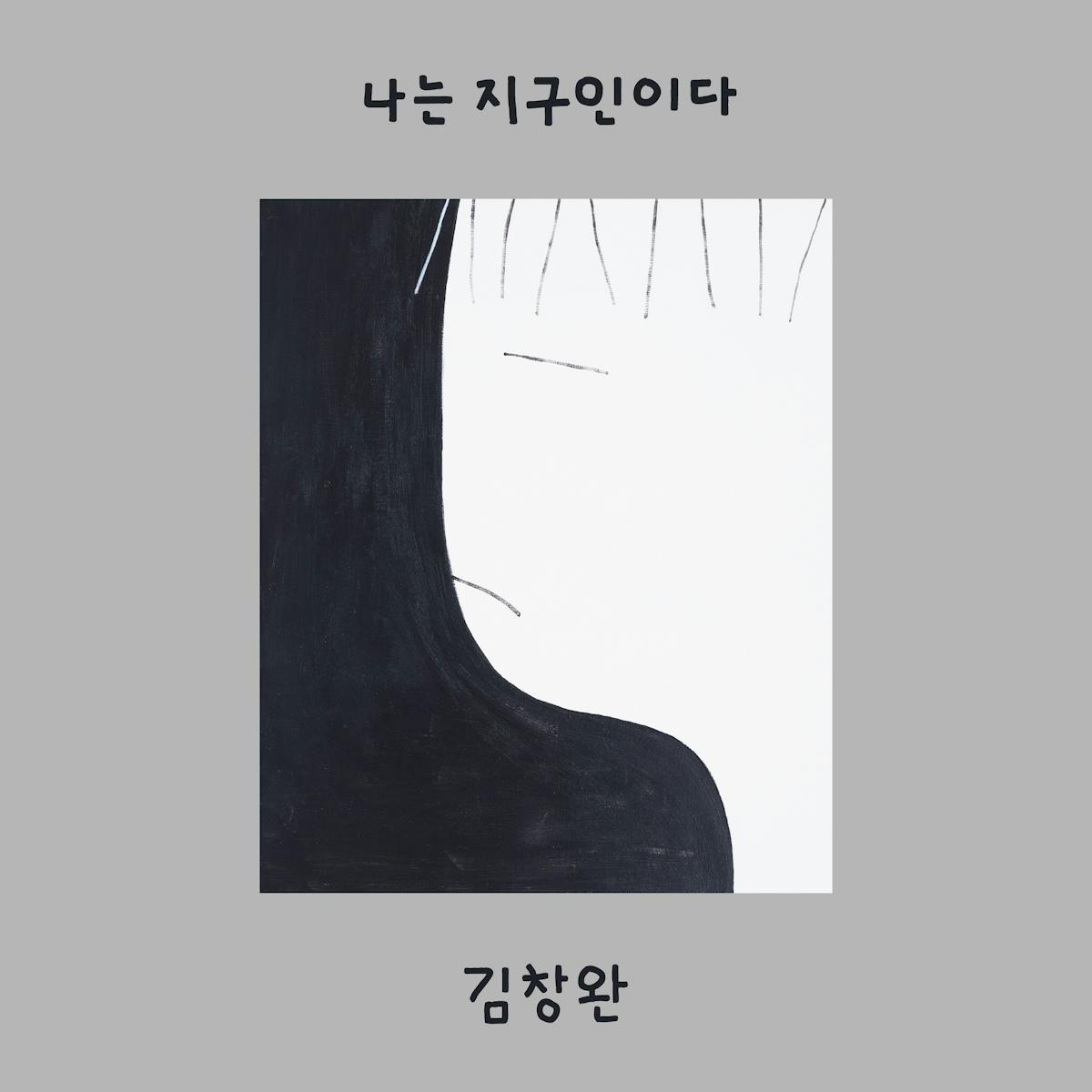
김창완
Kim Chang Wan is a South Korean singer, actor, and broadcaster. He broke new ground in Korean rock music as the leader of the sibling band San'Ulim, and is known for his distinctive pure, emotional, and experimental lyrics and sound. He made his debut in 1977 with the first album of Sanwoolim, releasing unconventional and gem-like songs such as "No Already," "It Must Have Been Late Summer," and "Laying a Zudan in My Heart." In 1983, he released his first solo album, Essays with Guitar, which featured the hit "Mother and Mackerel." Since then, he has been active in various fields as a singer, actor, and broadcaster, and since 2008, he has formed the Kim Chang Wan Band with young musicians. Recently, he made waves with his duet with IU, "Your Meaning."
Kim was born in Seoul in 1954. As a first-year student at Seoul National University of Agriculture, he bought a classical guitar textbook and an electric guitar in Jongno 2-ga and taught himself to play. While playing the D chord at the beginning of the textbook, he was mesmerized by the sound of the D chord and started playing music. As soon as he bought a guitar, he started composing and wrote nearly 100 self-composed songs before making his debut with Sanyulim. The first song he completed was "Why Go," which appeared on Sanyulim's fifth album, "Hourglass at Midday" (1979). He later equipped his house with two guitars, a drum set, and two amplifiers for group performances, and he and his brothers, Kim Chang-hoon and Kim Chang-ik, performed at home, focusing on their own compositions.
In 1977, Kim participated in the first MBC College Song Contest with his siblings as "Open the Door". At the time, the team's name was Mui, which means "no difference. They won first place in the preliminary round of the festival, beating out Sand Pebbles, a band from Seoul National University's agricultural school, with Kim Chang-hoon's "What Can I Do," but were eliminated because Kim Chang-wan was a graduate. After the festival ended, they wanted to have a commemorative album with their music, so they went to Seorabal Records, the closest store to their home, to record the album. Kim Chang-wan went into the studio with a second-hand guitar that cost $10,000 and recorded the entire album in one day. That was the first album, and it sold 400,000 copies nationwide, starting the myth of Sanyeolim.
Starting in December 1977, Sanyulim released their first, second, and third albums in a row within a year, spawning hits like "Not Already," "It Must Have Been Late Summer," "Please Open the Door," "Laying the Keystone on My Heart," "What Can I Do," and "My Heart (My Heart is a Wasteland)." However, the group suspended its activities in February 1979, ending with a recital to commemorate the March 1st, due to the military enlistment of Kim Chang-hoon and Kim Chang-ik. Later, Kim Chang-wan released Sanyulim's fourth and fifth albums based on pre-recorded songs or songs recorded by his siblings while they were on vacation, and he released two nursery rhyme albums on his own: Gagugujang / Night Road (Sanyulim's Nursery Rhyme Gift to Children, Vol. 1) (1979) and Mountain Grandpa / Spring, Summer, Fall, Winter (Sanyulim's Nursery Rhyme Gift to Children, Vol. 2) (1981).
Meanwhile, Kim Chang-wan has been performing at universities as a solo singer since 1981, and has also hosted KBS Radio's "11 Pops. He also worked as a director at Daesung Records, where he also worked as a planner and producer. At the time, he produced the debut album of rock group Locust, known for their song "Sky Blue Dream," and the second album of Nogo Jiri, which included the song "Teacup." He then gathered newcomers such as Choi Sung-soo and Lim Ji-hoon to form the music group "Kukkudul" and was deeply involved in the activities of the group's zoo. In 1983, Kim released his first solo album, "Essays with Guitar," and hit with the song "Mother and Mackerel," which stood out for its warmth and emotion. The album's songs were first used in the music for MBC's best-selling drama "Windmill of My Heart," further raising his public profile.
In the 1990s, Kim continued to be active as an actor, appearing in the MBC drama "The Basics of Love" (1995), the movie "Jungle Story" (1996), and the SBS drama "Eun Silla" (1998). He also thrilled fans by releasing his second solo album, "Postscript," in 1995, followed by his 13th album, "Rainbow," in 1997 with brothers Chang Hoon and Chang Ik, after a 13-year hiatus. However, in January 2008, his youngest brother, Kim Chang Ik, died suddenly in a car accident in Canada, effectively halting his Sanwolim activities. "I felt like my body had been cut off," Kim said at the time of his brother's death, but he soon recovered and formed his namesake band with a group of young musicians. He later memorialized his brother's death in "Forklift," the fifth track of his first EP, The Happiest.
In 2012, Kim Chang Wan released his second album, "Pink Excavator," to commemorate the 35th anniversary of Sanwolim's debut. He tried to inherit and overcome Sanwolim by filling 11 of the album's 12 tracks with new arrangements of Sanwolim songs, including "Laying the Keystone in My Heart," "I Want to Keep You Smiling," and "Let's Ride a Motorcycle with Guitar. Then, in May 2014, he participated in IU's remake album "Flower Ribbon," which became a hot topic for cross-generational collaboration. On IU's album, he sang a duet with IU on "Your Meaning," a song from 1984's San'ulim 10th album, and added the narration "Who the hell are you to me" at the end of the song.